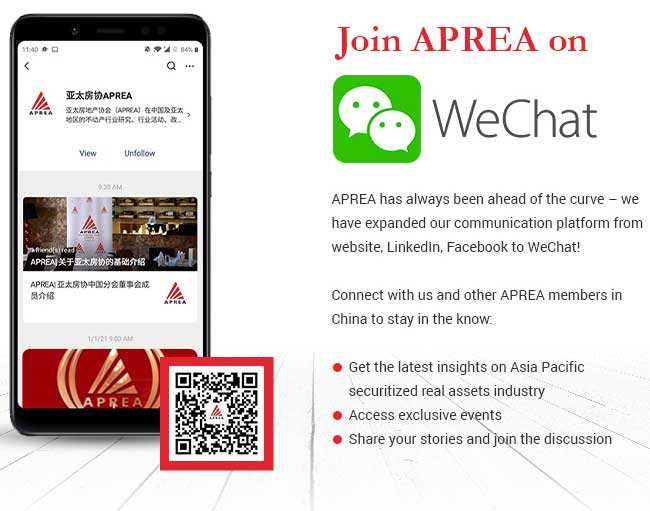Tackling Scope 3 emissions: The opportunities and challenges for service businesses (Cushman & Wakefield) 22 August 2022
By Alton Wong, Executive Director, Co-head of Sustainability Services, Greater China, Cushman & Wakefield
For businesses in carbon-intensive industries, the challenge of reducing Scope 1 emissions (direct emissions from owned or controlled sources) can be great.
For service-based organizations, Scope 1 emissions may represent only a single-digit percentage of their entire carbon output. In these cases, the majority of their emissions are Scope 3 – they originate further up or down their supply chain through the activities of their suppliers.
So how do service businesses, like financial institutions and consultancies, reduce what they cannot control?
The data challenge
Any carbon reduction journey begins with reporting: you cannot manage what you cannot measure. While we have seen an increase in queries on ISO14064 – the international standard for reporting greenhouse gas emissions – reporting requires data, and capturing reliable data is the greatest challenge we see across the region.
In many cases, the data needed even to establish a baseline year – the year to which emissions will be compared – is not captured. While most, but not all, companies have utility data, few capture emissions for business travel or employee transport. This problem is compounded when tackling Scope 3 emissions.
Collaboration is the only way forward
As a service organization ourselves, Cushman & Wakefield’s Scope 3 emissions account for greater than 98 percent of our total emissions. That is why a key pillar of our net zero commitment is to engage our clients in their own carbon reduction journeys.
For businesses like ours, achieving a net zero commitment – which includes Scopes 1, 2 and 3 – is dependent on our supply chain doing the same. The good news is that it is a two-way street: by reducing our own direct emissions (by implementing energy efficiencies such as updated HVAC and LED lighting, for example) we are also bringing down the Scope 3 emissions of our clients. Similarly, when our clients implement energy efficiencies (their Scope 1), they reduce our Scope 3.
As more companies set net-zero targets, it is increasingly apparent that we are all in this together. At Cushman & Wakefield we have our own data challenges to overcome – especially around Scope 3 emissions. Like all companies, we are working hard to constantly improve, and to share our learnings with others, because we know that we will not reach net zero alone.

Alton Wong, MRICS
Executive Director,
Head of Advisory Services,
Valuation & Advisory Services, Greater China
Co-head of Sustainability Services
Cushman & Wakefield


